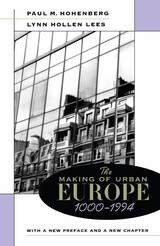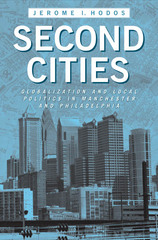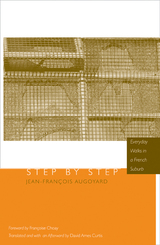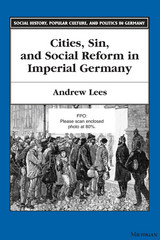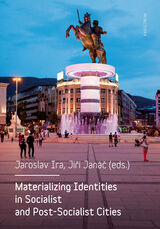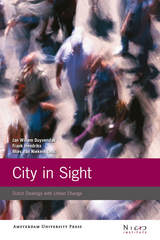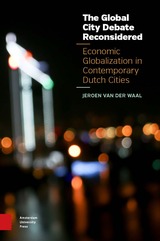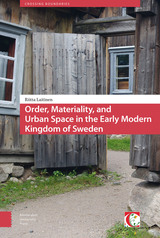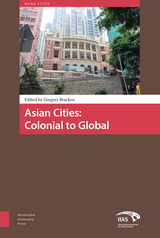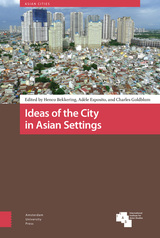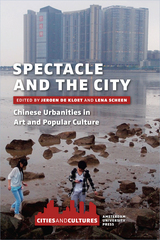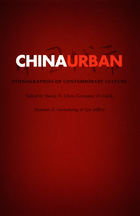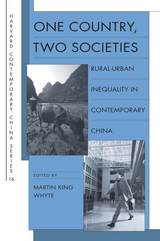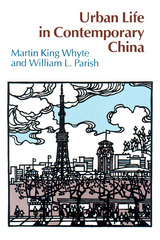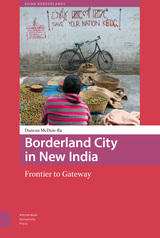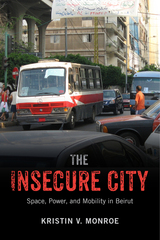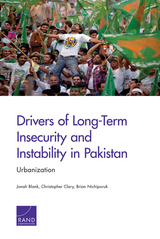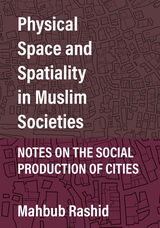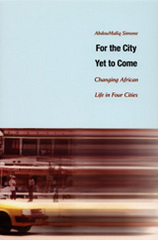Civilizing Chengdu: Chinese Urban Reform, 1895–1937
Harvard University Press, 2000
Cloth: 978-0-674-00246-3
Library of Congress Classification HT147.C48S76 2000
Dewey Decimal Classification 307.1216095138
Cloth: 978-0-674-00246-3
Library of Congress Classification HT147.C48S76 2000
Dewey Decimal Classification 307.1216095138
ABOUT THIS BOOK | REVIEWS
ABOUT THIS BOOK
This work examines the history of urban planning and administration during modern China's first age of city-centered politics, focusing on the New Policies of the late Qing and the city administration movement of the 1920s. Between 1895 and 1937, the management of cities emerged as one of the chief challenges for the Chinese state. Through a detailed case study, based on newly available archival sources, of the process of urban reform in Chengdu, a key provincial capital in the interior, Kristin Stapleton shows how urban reformers permanently changed urban administration, the urban landscape, and urban life by promoting a new type of orderly and productive community in population centers despite the many upheavals of the late Qing and Republican eras.
See other books on: 20th century | Asia | China | City planning | Urbanization
See other titles from Harvard University Press

